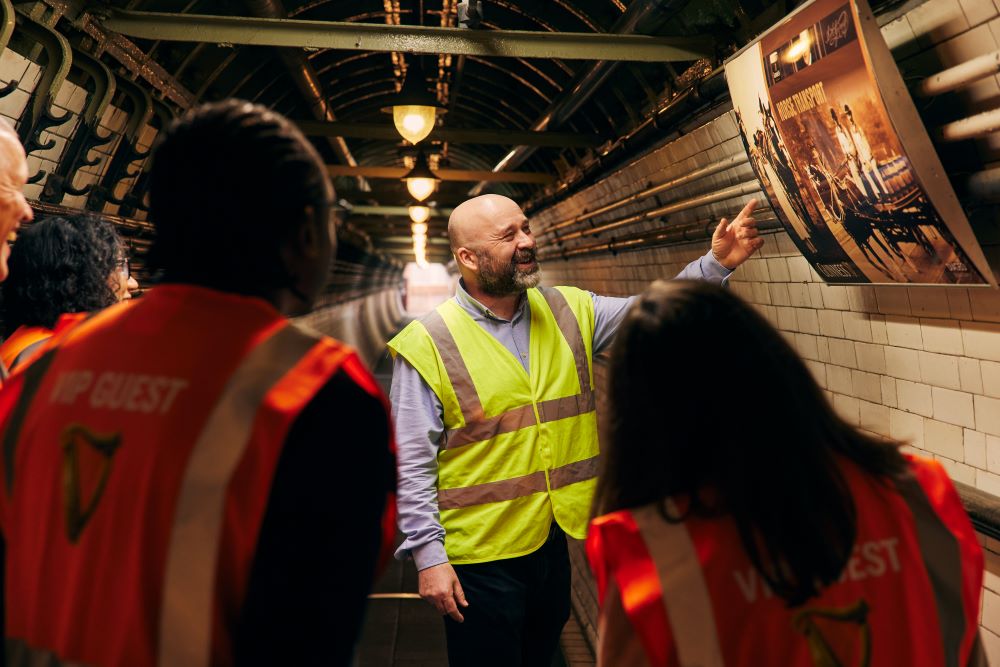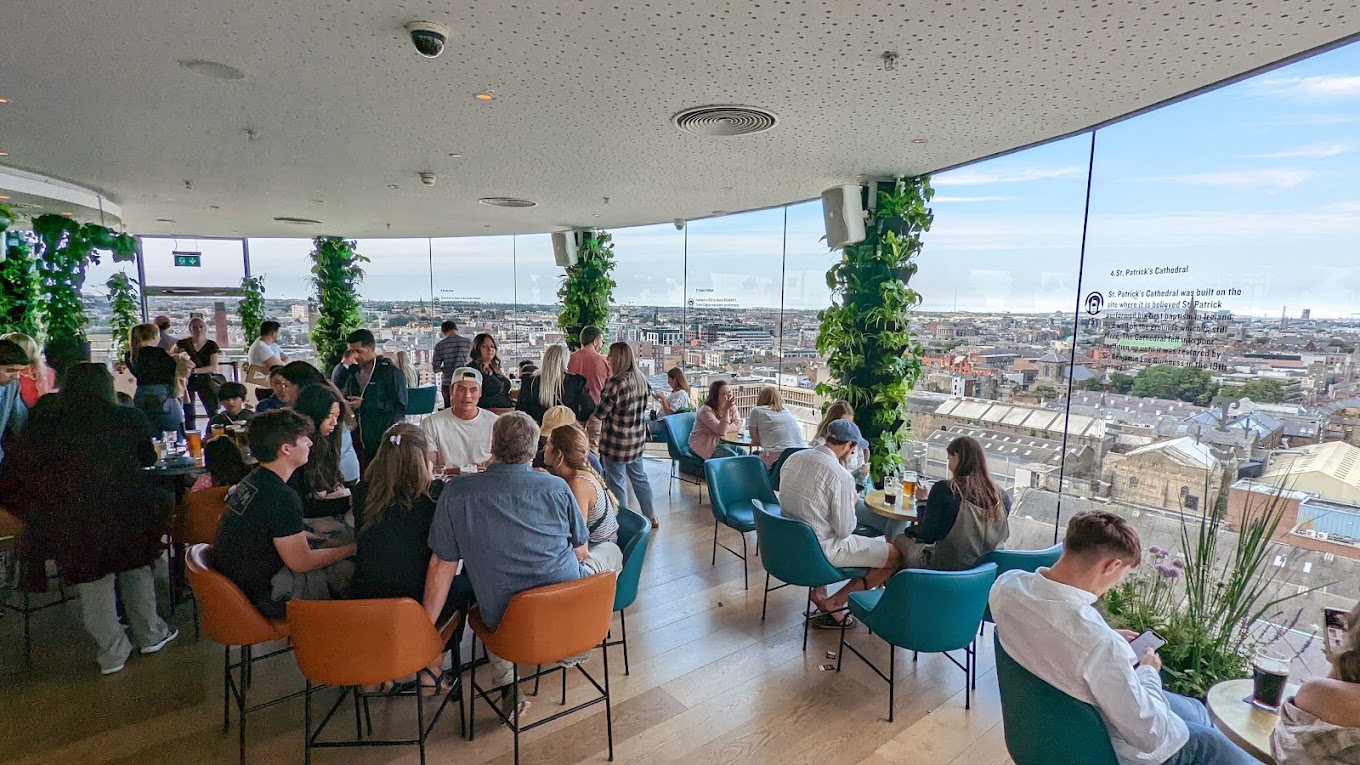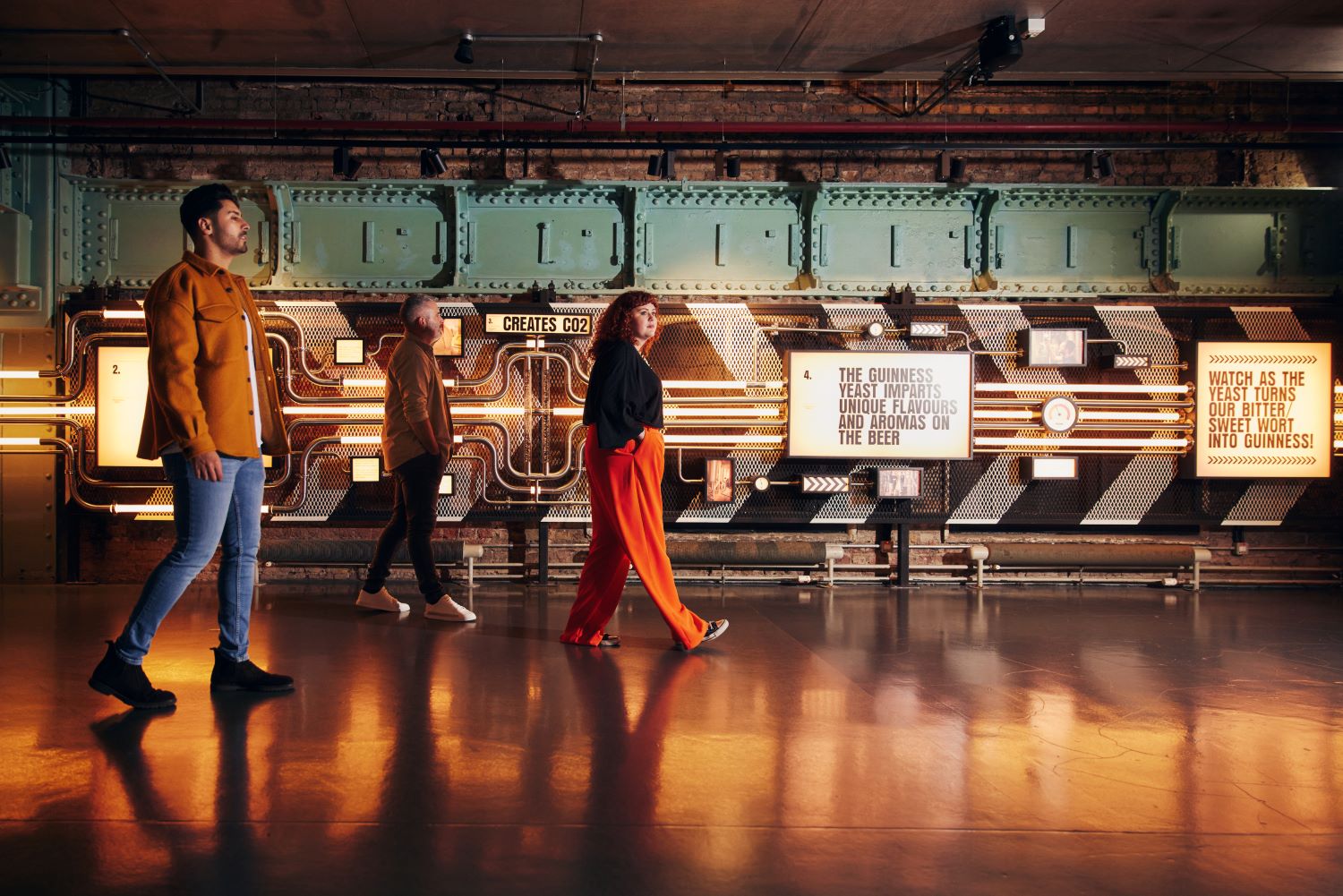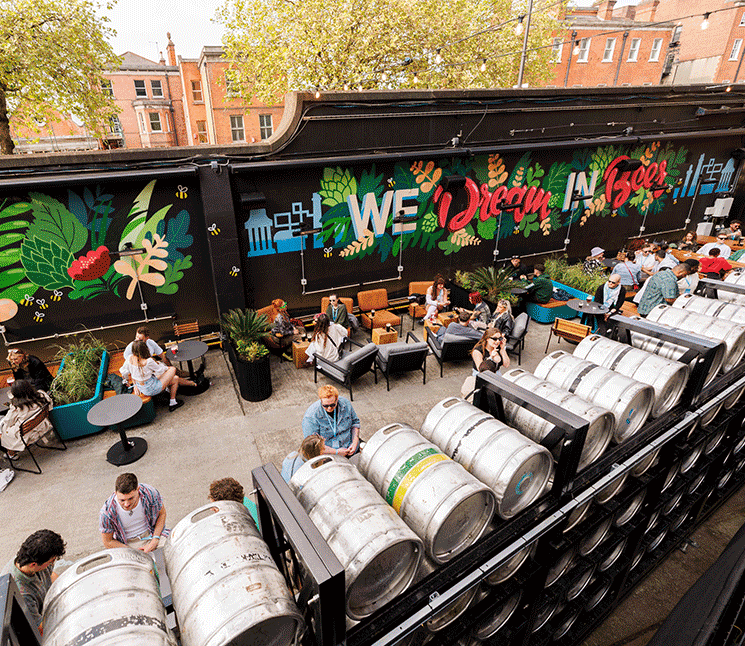Why is it called ‘The Liberties’?
The medieval city of Dublin was formed from two smaller settlements: Áth Cliath (The Ford of Hurdles) and Dubh Linn (The Black Pool). During this time, the city’s borders were enclosed by walls for protection as well as the enforcement of taxes, tolls, and the regulation of trade. The areas that remained outside of the city’s walls were beyond the corporation’s control and the only areas of Dublin that were free to control trade within their own ‘liberty’. Hence ‘The Liberties’ was born.
The Liberties During the 18th century
During the 16th and 17th centuries, The Liberties was a flourishing hotspot for craftsmen and artisans and becoming known as a centre of excellence for many trades including silverwork, tanning and wool and silk weaving. It drew traders from all over Europe and beyond, resulting in a diverse international population still reflected in many of the areas building facades and place names today. In the shadow of the great famine, by the late 18th century when Arthur Guinness had signed his 9,000-year lease on St. James’ Gate and other brewing and distilling families began operating in the area, The Liberties was also home to slums and lingering poverty. However, the Act of Union in 1801 changed this. The act meant Irish produce now faced many laws and trade barriers from English merchants who opposed the area’s booming commerce. It wasn’t long before several of the area’s key industries were ruined and the area went into decline.
The Guinness Family and The Liberties
What set Guinness apart from other employers during the time was their commitment to the fair treatment of their employees. Guinness salaries and wages were consistently 10 to 20% above the Dublin average. Novelties for workers during the time such as a pension, free health care, paid holidays and free meals during the working day were just some of the ways the company demonstrated its commitment to the men and women that made up its workforce. The Liberties has always been a place with a strong sense of community and family and that was reflected in Guinness’ employment policies too. They made a point of extending this goodwill beyond the workers themselves to their relatives. Preference was given to widows of deceased employees for employment within the brewery, widows received an extra allowance for every child they had under the age of 14, and a free dinner was given every day to the sons of both widows and pensioners to encourage them to stay in school.
Outside the gates of the brewery, the Guinness family engaged in philanthropic acts that benefited the wider community too. One of the most notable of these endeavours was the establishment of the Iveagh Trust (originally the Guinness Trust) by Edward Cecil Guinness who became the head of the business at the age of 29. Replacing some of the worst slums in Europe, he invested in providing state of the art housing to the poor in Dublin and across London. The Iveagh Hostel would open subsequently, providing accommodation for homeless men in Dublin in need of shelter.
The Iveagh Trust, the oldest provider of social housing in Ireland, continues to operate independently today, demonstrating a small part of the continued legacy of Guinness within the immediate area and beyond.



